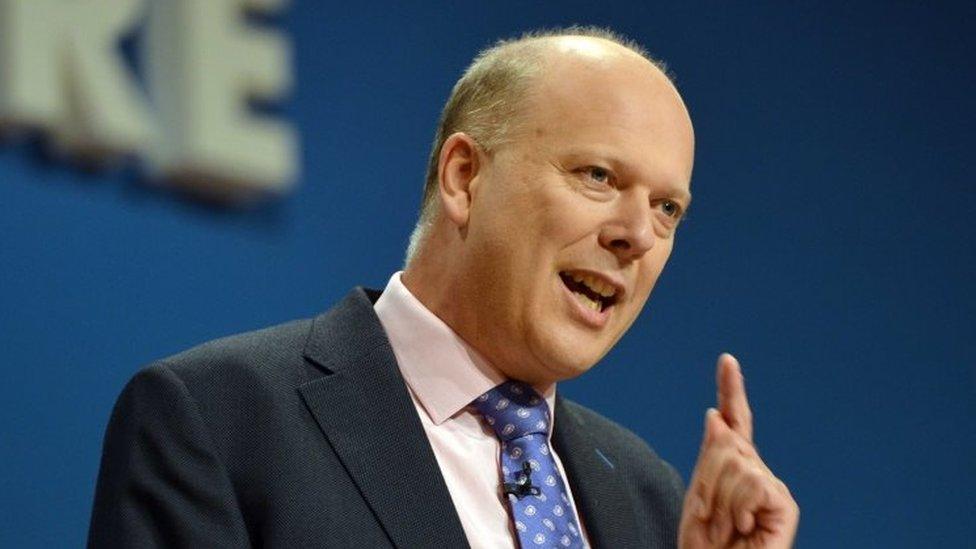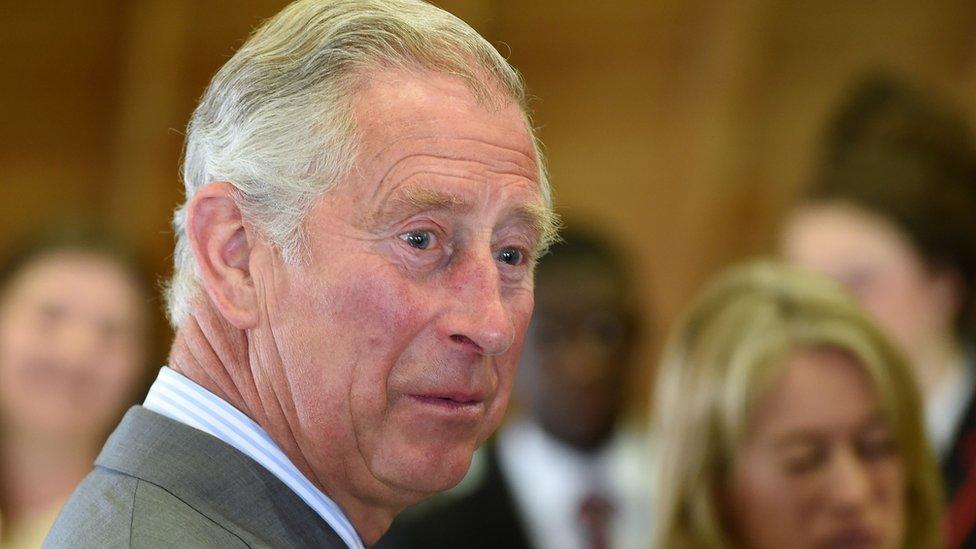Journalists misuse Freedom of Information Act, says Chris Grayling
- Published

Commons leader Chris Grayling has called journalists' use of Freedom of Information (FOI) "unacceptable".
Currently anybody can use the laws to obtain information held by public authorities, with certain exceptions.
The government has set up a commission to review FOI, amid concerns it is being misused as a "research tool".
Critics fear it will curb transparency and the exposure of wrongdoing by making FOI requests more expensive or limiting their scope.
Answering a business question from Labour MP Jack Dromey in the Commons, Mr Grayling said FOI requests were for "those who want to understand why and how Government is taking decisions".
He added that Jack Straw, the former Labour home secretary responsible for introducing the laws regretted them most.

The Freedom of Information Act was used to obtain HRH the Prince of Wales so-called 'black spider letters' to the public
Mr Dromey said that reviewing the laws was "a threat to a cornerstone of our democracy".
Questioned by Guardian journalist, Nicholas Watt on the matter at a press conference in Iceland today, Prime Minister David Cameron said: "The British government is one of the most open and transparent anywhere in the world."
The Guardian fought a decade-long legal battle to publish private letters sent by the Prince of Wales to Labour ministers, obtained under the Freedom of Information Act.
The Act has been used by investigative reporters on a string of other high profile stories, including MPs expenses and ambulance delays, over the past 10 years.
It is also a well-established tool for finding out more about the workings of central and local government and the rest of the public sector.
The BBC's Freedom of Information specialist Martin Rosenbaum said: "Good journalism is one of the best uses of the Freedom of Information Act.
"It produces stories which are in the public interest, which are based on facts and documents rather than speculation, and which are used to make the wider public better informed."
- Published13 May 2015

- Published2 January 2015
- Published13 May 2015